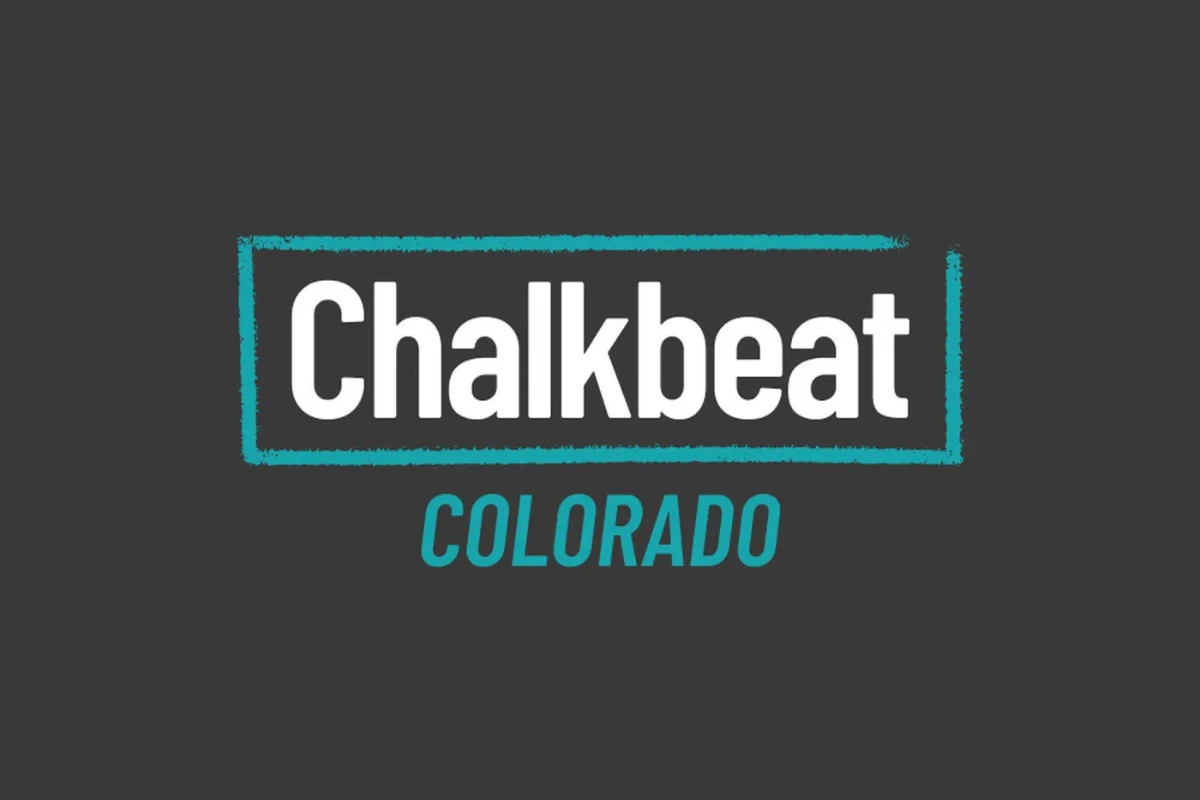The Colorado Union Observer
News and opinion about litigation, legislation, and other developments that could affect Colorado labor law and employees’ rights.
Note: The content of this page does not solely reflect lawsuits filed by clients of the Fairness Center, and the opinions expressed in linked articles do not necessarily reflect the views of the Fairness Center.
Featured News

CU system set to expand collective bargaining rights
The Denver Gazette
“Following recent rallying and advocacy, workers across the University of Colorado system are one step closer to greater collective bargaining. CU Regent Elliott Hood announced a plan to introduce a policy expanding collective bargaining rights for faculty, university staff and undergraduate and graduate workers at all four campuses during a board governance meeting Friday.”

CO. Democrats Plan Teachers’ Union Backed TABOR Measure
Chalkbeat Colorado
“The idea, brought to lawmakers by the Colorado Education Association, the state’s largest teachers union, is the most recent proposal to retool the state’s Taxpayer Bill of Rights. TABOR. . . limits the state’s revenue growth, making it hard to spend more money on schools and other priorities.”

EDITORIAL: Polis is right to keep the ‘labor peace’
The Denver Gazette
“The legislative session opened only days ago, yet Colorado’s ruling Democrats have wasted no time reintroducing a destructive labor bill that Gov. Jared Polis vetoed just last year. The legislation would deny protections for workers while claiming to do the opposite.”

Co. labor movement revives push to ease unionization rules
Colorado Sun
“Democrats in the Colorado legislature plan to reignite a labor policy fight with Gov. Jared Polis this year by trying again to pass a bill making it easier for unions to force all workers at a company to pay fees for collective bargaining representation—regardless of whether they are members of a union.”
News of Colorado Unions
News
Opinion
Frequently Asked Questions
Since 2020, Colorado has passed multiple new state laws that relate to unions and public employees. These laws allow for mandatory unionization of nearly 70,000 state and county employees. For instance, Colorado Workers for Innovative and New Solutions (WINS) Local 1876 is a union representing more than 27,000 state employees, affiliated with American Federation of Teachers (AFT), and Service Employees International Union (SEIU). Employees in several counties across the state are now unionized under AFSCME Colorado. Further statutes and regulations relating to labor law are under consideration.
NOTE: If you have questions about this topic, or think you have a legal issue, consider contacting a lawyer. Fairness Center lawyers represent clients for free and can be reached here or at 844.293.1001. We strongly encourage you to pursue with haste any legal claim you believe you may have, as the mere passage of time may prevent you from exercising possible legal claims.
The Fairness Center currently offers free legal representation in Pennsylvania, New York, Connecticut, Colorado, New Jersey and to federal employees, and may soon be expanding to other areas. The Fairness Center has represented clients involved in disputes with unions, including:
- American Federation of Government Employees (AFGE),
- American Federation of State, County and Municipal Employees (AFSCME),
- American Federation of Teachers (AFT),
- International Brotherhood of Electrical Workers (IBEW),
- International Brotherhood of Teamsters (Teamsters),
- Law Enforcement Employees Benevolent Association (LEEBA),
- National Education Association (NEA),
- National Treasury Employees Union (NTEU),
- New York State United Teachers (NYSUT),
- Pennsylvania State Corrections Officers Association (PSCOA),
- Pennsylvania State Education Association (PSEA),
- Service Employees International Union (SEIU),
- Transportation Workers Union of America (TWU),
- United Food and Commercial Workers (UFCW),
- UNITE Here, and more.
NOTE: If you have questions about this topic, or think you have a legal issue, consider contacting a lawyer. Fairness Center lawyers represent clients for free and can be reached here or at 844.293.1001. We strongly encourage you to pursue with haste any legal claim you believe you may have, as the mere passage of time may prevent you from exercising possible legal claims.
Unions owe a duty of fair representation to all the employees in a bargaining unit they represent, whether they are union members or not. The U.S. Supreme Court has said that the duty is breached when a union’s actions toward an employee it represents are “arbitrary, discriminatory, or in bad faith.” Vaca v. Sipes, 386 U.S. 171, 190 (1967).
Many jurisdictions follow that standard, but the exact details of what the duty requires may vary by jurisdiction and circumstances.
The Fairness Center has represented clients, like Connecticut teacher John Grande, who have alleged that their union violated the duty of fair representation because they were not union members or because union officials misrepresented important information during collective bargaining, as was the case with Pennsylvania employee Mark Kiddo and his colleagues.
NOTE: If you have questions about this topic, or think you have a legal issue, consider contacting a lawyer. Fairness Center lawyers represent clients for free and can be reached here or at 844.293.1001. We strongly encourage you to pursue with haste any legal claim you believe you may have, as the mere passage of time may prevent you from exercising possible legal claims.
Unions owe a duty of fair representation to all the employees in a bargaining unit they represent, whether they are union members or not. The U.S. Supreme Court has said that the duty is breached when a union’s actions toward an employee it represents are “arbitrary, discriminatory, or in bad faith.” Vaca v. Sipes, 386 U.S. 171, 190 (1967).
Many jurisdictions follow that standard, but the exact details of what the duty requires may vary by jurisdiction and circumstances. Some states permit unions not to represent nonmembers in “individualized” grievances. Also, some states allow nonmembers to represent themselves in grievances, at least in the first stages.
The Fairness Center has represented clients, like Connecticut teacher John Grande, who alleged that their union violated the duty of fair representation because they were not union members or because union officials misrepresented important information during collective bargaining, as was the case with Pennsylvania employee Mark Kiddo and his colleagues.
NOTE: If you have questions about this topic, or think you have a legal issue, consider contacting a lawyer. Fairness Center lawyers represent clients for free and can be reached here or at 844.293.1001. We strongly encourage you to pursue with haste any legal claim you believe you may have, as the mere passage of time may prevent you from exercising possible legal claims.
If you are a public employee who is not a union member, you have a constitutional right not to pay fees to a union, according to the Supreme Court’s Janus v. AFSCME decision in 2018.
Some courts have said that employees who were union members but who later resigned from the union had to continue paying union dues for a period of time in some circumstances. One example is if the employee had signed a membership card or application containing certain language.
We have successfully represented clients who were told they had to pay the union when they did not want to. However, the facts and circumstances of each situation vary, and our ability to offer representation may depend on the relevant legal jurisdiction.
NOTE: If you have questions about this topic, or think you have a legal issue, consider contacting a lawyer. Fairness Center lawyers represent clients for free and can be reached here or at 844.293.1001. We strongly encourage you to pursue with haste any legal claim you believe you may have, as the mere passage of time may prevent you from exercising possible legal claims.
